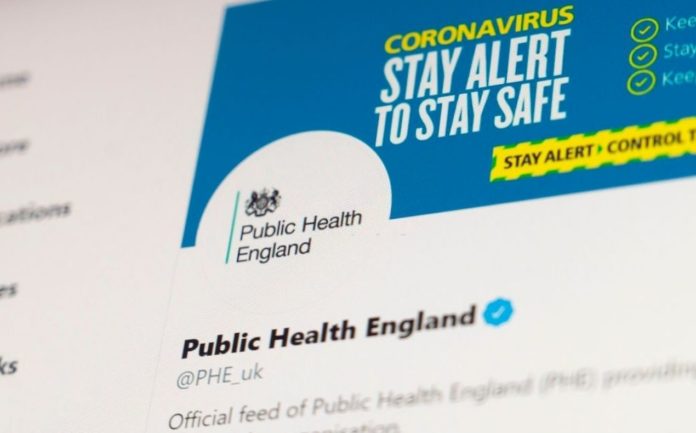A recent study from Public Health England (PHE) yet to be peer-reviewed says that COVID-19 vaccine can kill transmission of the coronavirus by half, and one in four people show mild, short-lived side effects after having the AstraZeneca or Pfizer vaccines.
The study analyzed people who already had a single dose of either the Pfizer or AstraZeneca vaccines.
Those who were infected with the virus at least three weeks later were between 38% and 49% less likely to pass the virus on to people living in the same household, compared with those who had not been vaccinated.
- Brief Anger Hampers Blood Vessel Function Leading to Increased Risk of Heart Disease and Stroke – New Study
- New Blood Test Pinpoints Future Stroke Risk – Study Identifies Inflammatory Molecules as Key Biomarker
- Enceladus: A Potential Haven for Extraterrestrial Life in its Hidden Ocean Depths
- New Experiment: Dark Matter Is Not As ‘DARK’ As All We Think
- Scientists in Fear of This New Predator From Red Sea Eating Native Species in Mediterranean
The protection was seen from around two weeks after vaccination and did not seem to differ with age, although most of those in the study were under 60.
Dr Peter English, a retired consultant in communicable disease control, said the study’s authors may even have underestimated the effect of vaccines on transmission.
He added:
“These findings are really important. They add to our reasons to hope that the vaccines will truly add to herd immunity.
“The evidence was already mounting that vaccination will prevent people from becoming infected (and if they aren’t infected, they can’t transmit the infection).
“This study shows that even if people who are vaccinated do become infected, they are considerably less likely to be infectious, and to pass the infection on to others.
“This is an extremely encouraging set of findings.”
The study has yet to be peer-reviewed and included over 57,000 people living in 24,000 households who were the contacts of a vaccinated person.
They were compared with nearly one million contacts of people who had not been vaccinated.
Another study has shown that one in four people have mild, short-lived side effects after receiving the Pfizer or AstraZeneca vaccines.
The most common side effects were headache, fatigue and tenderness, most peaking within 24 hours after vaccination and usually lasting one to two days.
The study is published in the Lancet Infectious Diseases and is based on analysis by researchers at King’s College London with data from the Zoe COVID Symptom Study app.
Tim Spector, professor of genetic epidemiology at King’s College London and lead scientist on the symptom study app, said:
“The data should reassure many people that, in the real world, after-effects of the vaccine are usually mild and short-lived, especially in the over-50s, who are most at risk of the infection.”
The data comes from 627,383 users of the app who reported effects within eight days of receiving one or two doses of the Pfizer vaccine or one dose of the AstraZeneca vaccine between 8 December and 10 March.
Around 13.5% reported side-effects after their first Pfizer dose, 22% after the second Pfizer dose and 33.7% after the first AstraZeneca dose.
The most reported systemic side-effect was headache, with 7.8% of people reported suffering from headaches after the first Pfizer dose and 13.2% after the second Pfizer dose.
The research found more side-effects in those under the age of 55, and among women.
Participants who had previously had coronavirus were three times more likely to have side-effects affecting the whole body after receiving doses of the Pfizer vaccine than those without known infection.
They were almost twice as likely after the first dose of the AstraZeneca vaccine.
